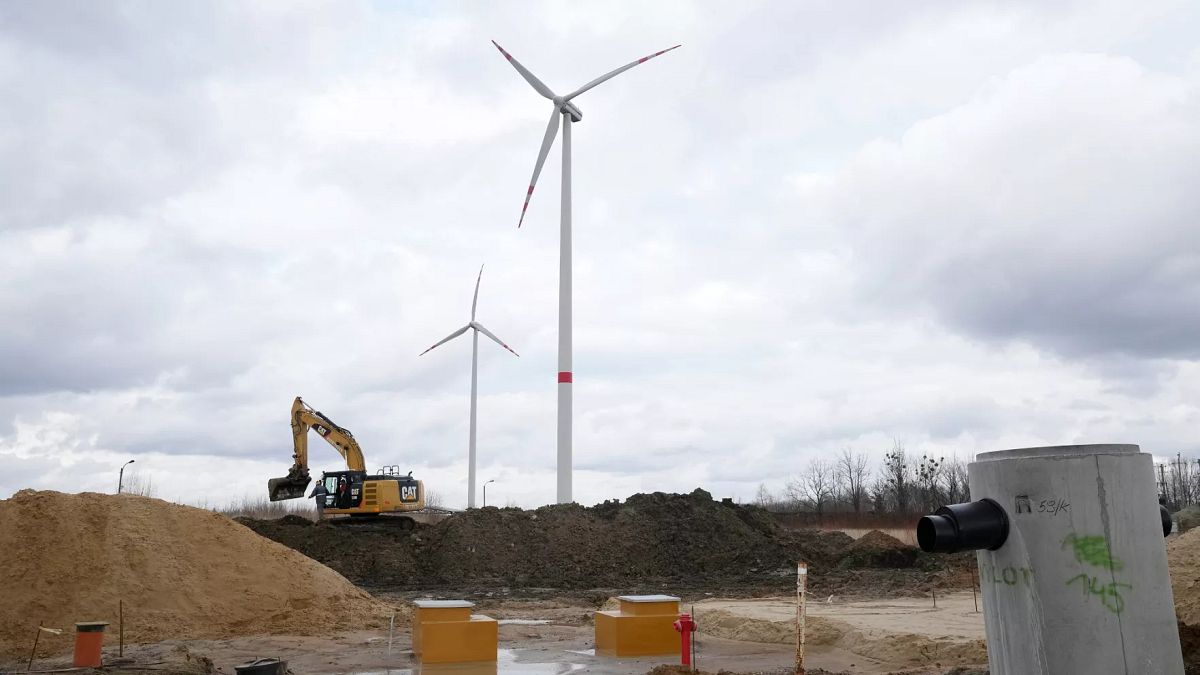

In a significant step towards a sustainable future, Poland has witnessed a notable achievement in its energy sector—renewable energy sources have generated more electricity than coal for the first time over a monthly period. This pivotal moment marks a shift in Poland’s energy landscape, historically dominated by coal, and heralds a promising move towards greener alternatives.
The month-long milestone is a testament to the rising impact of renewable energy initiatives within the country. With increasing investments and advancements in technology, renewables such as wind, solar, and hydro power have gradually expanded their share in Poland’s energy mix. This achievement not only highlights the potential for sustainable energy solutions but also emphasizes a growing awareness and commitment towards reducing the environmental impact associated with energy production.
Notwithstanding this encouraging development, it is crucial to acknowledge the broader context within which these changes have occurred. While coal consumption in Poland has seen a decline, there has been a simultaneous increase in the use of oil and gas. This presents a complex picture of the nation’s transition towards a greener economy. It illustrates that while progress is being made, there are still significant challenges to overcome in the pursuit of comprehensive decarbonization.
Poland’s status as the world’s fourth highest emitter emphasizes the urgency of this transition. The country’s reliance on fossil fuels, particularly coal, has long been a concern due to its environmental and health impacts. However, the current developments indicate a positive trajectory—one where renewable energy sources gradually diminish the dominance of coal, paving the way for a cleaner and more sustainable energy future.
The shift from coal to renewables also reflects broader trends within the European Union, which has been actively promoting and supporting the adoption of clean energy. The EU’s climate policies and green energy frameworks have played a pivotal role in encouraging member states to invest in renewable infrastructure, thus contributing to this positive change in Poland.
Despite these advancements, the journey towards a fully renewable energy system remains multifaceted. It involves not only technological innovation and infrastructure development but also policy reforms, financial investments, and public engagement. Poland’s recent milestone serves as evidence of what can be achieved with concerted efforts and a long-term vision for sustainability.
Looking ahead, it is crucial for Poland to address the current rise in oil and gas usage, even as it celebrates the growth of renewables. Effective strategies and policies that encourage energy efficiency and reduce dependency on non-renewable sources will be key in ensuring that the transition is holistic and enduring.
The milestone achieved by Poland not only benefits the environment but also holds potential economic advantages. The growth of the renewable energy sector can stimulate job creation, technological innovation, and ultimately lead to a more resilient economy. As Poland continues to navigate its energy transition, it serves as an inspiring example of how nations can work towards balancing environmental concerns with economic and energy needs.
This positive momentum reflects a broader global movement towards sustainable energy. As countries worldwide recognize the importance of mitigating climate change and protecting the environment, renewable energy stands out as a vital component of strategies aiming to achieve these goals.
In conclusion, Poland’s achievement in generating more electricity from renewables than coal for an entire month is a reassuring indicator of progress. It underscores the potential for a future where clean energy can power economies while safeguarding the planet. While there is still much work to be done, this milestone reinforces the positive impact that proactive energy policies and technological innovation can have in the journey towards sustainability.
Source: {link}
